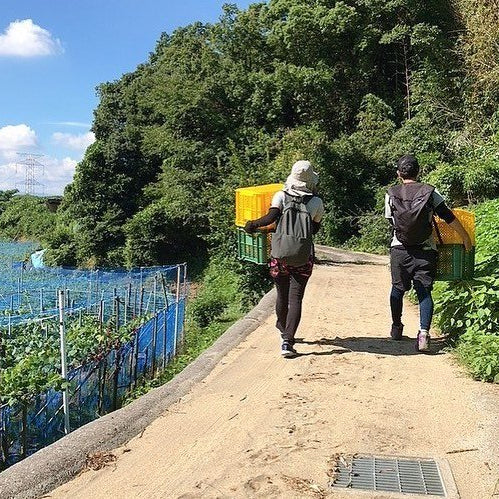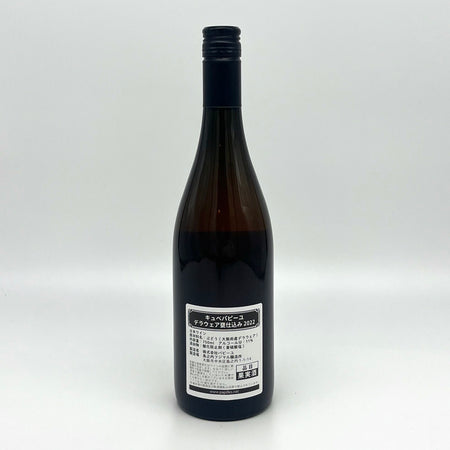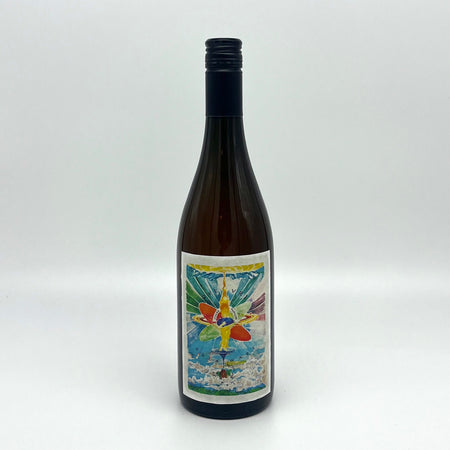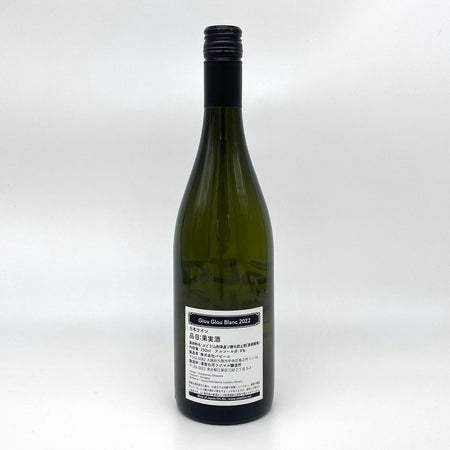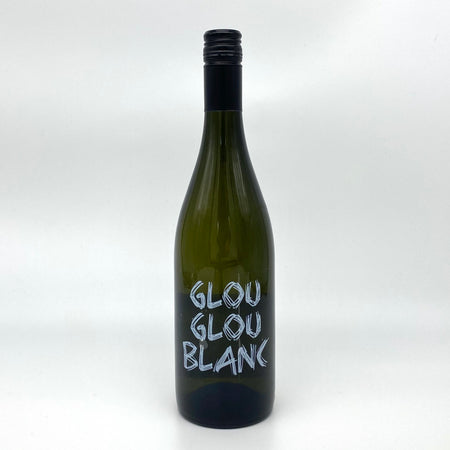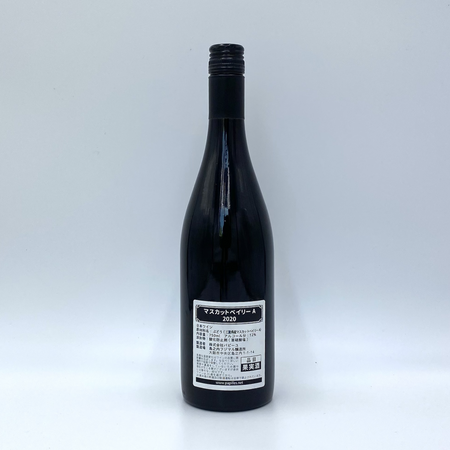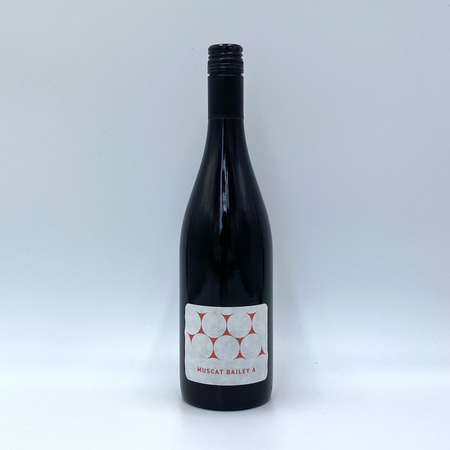Fujimaru Winery
Shimanouchi: Chuo-ku, Osaka
Kiyosumi-shirakawa: Koto-ku, Tokyo
People
Fujimaru Winery is an urban winery with two locations in Osaka and Tokyo and its own farm in Osaka. It all started when the company's president, Tomofumi Fujimaru, opened a wine shop near the Kuromon Market, known as the "the nation’s kitchen", in Osaka, where is considered the food capital of Japan.
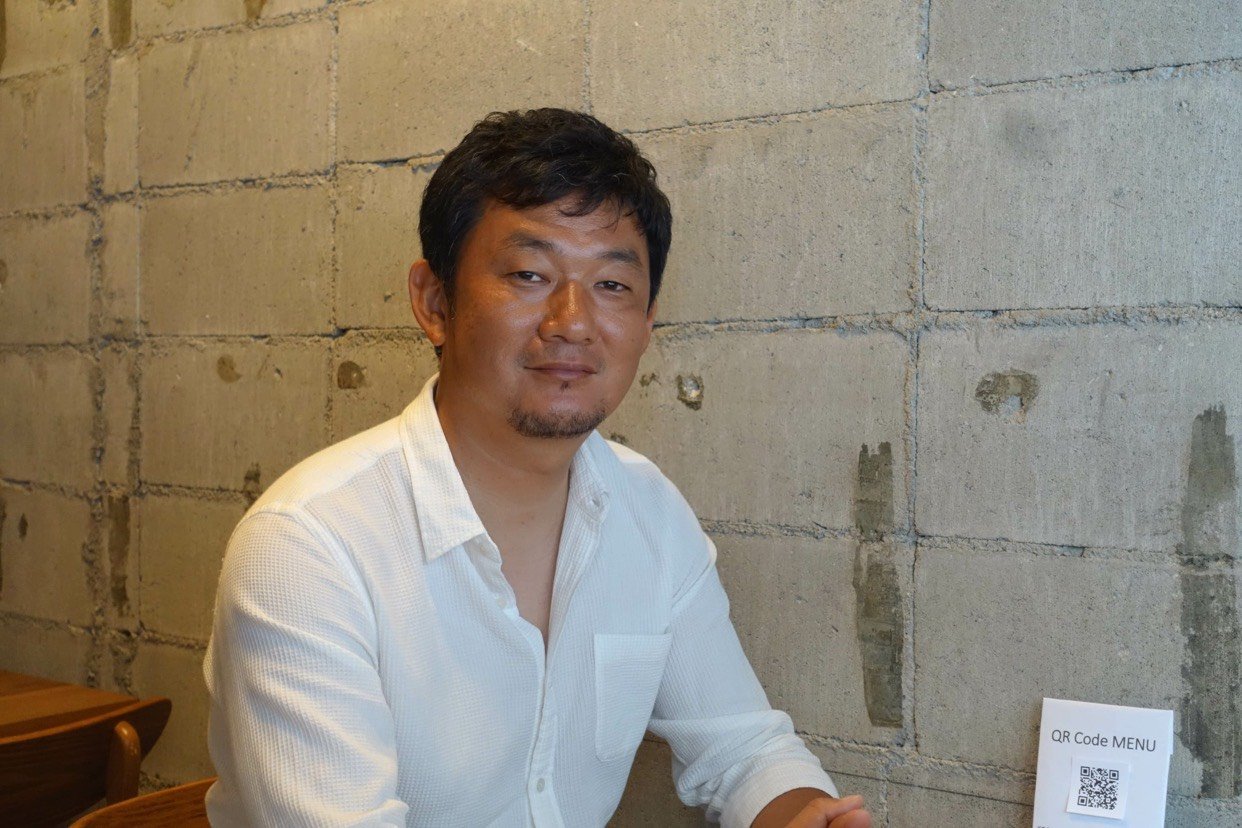
He visited wineries himself, met the winemakers, tasted the wines and sold the wines he was satisfied with. In the process, he discovered that the number of vineyards and grape growers in Japan was decreasing year by year. Osaka, in particular, is a land with a history of over 120 years of viticulture due to its abundance of sunshine. There was a time when its production was among the highest in the country. Even in such a city as Osaka, urbanisation and development transformed the vineyards into houses, factories and offices. Along with this, grape farmers began to work in the city.
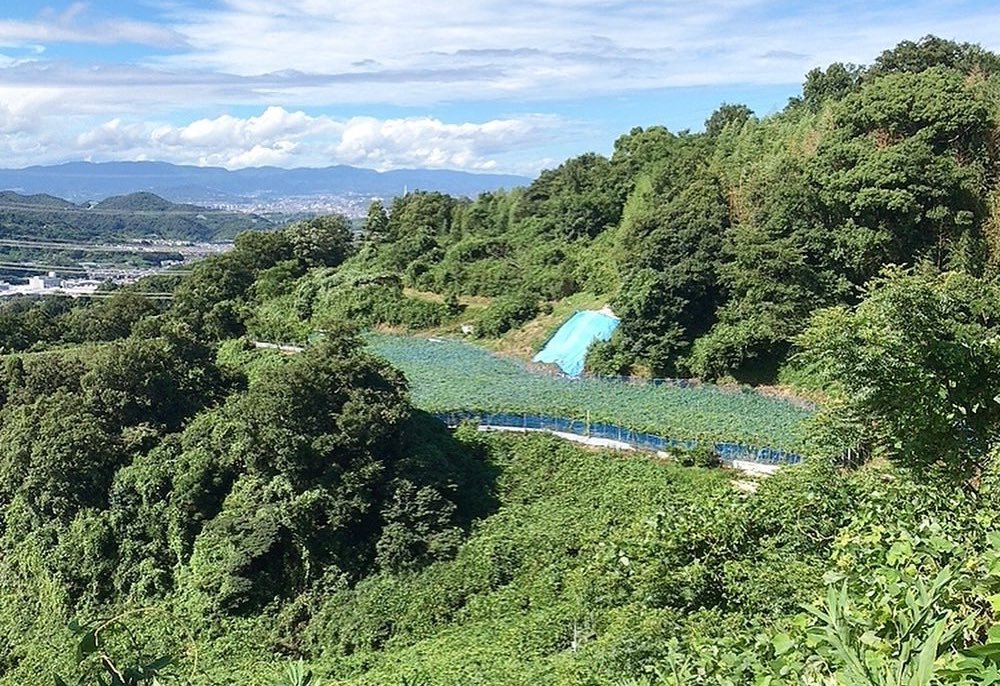
Having worked in the wine industry in Osaka, Tomofumi could not sit idly by and watch as many vineyards were abandoned and viticulture regions disappeared. In 2010, in order to connect Osaka's viticulture industry to the next generation, he took over abandoned land in Kashiwara, Osaka, and started viticulture. The grapes were used to make wine by using a custom crush service.
However, there was no shortage of requests from grape growers to him to take over abandoned plots of land after that. As the number of vineyards he managed increased, the winery outgrew its space, and in 2013 he finally established his own winery in Shimanouchi, Osaka. Tomofumi's progress has not stopped since then.
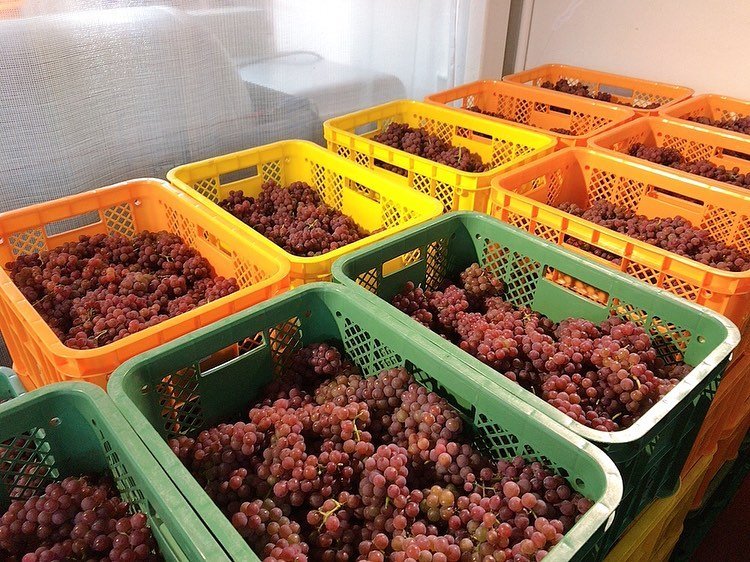
The winery in Shimanouchi made wine mainly from grapes grown in their own vineyards in Osaka, but this would not save grape growers across the country. Therefore, in 2015, a negotiant winery was established in Kiyosumi-Shirakawa, Tokyo. In doing so, he decided to continue buying grapes produced by farmers in eastern Japan. And so it has come to this.
Vineyard
Thus, Fujimaru Winery makes wine from both the grapes grown in their own vineyards in Osaka and those they buy from contract farmers across the country. What they all have in common is natural viticulture. They personally visit the farms, meet the growers and use grapes grown without the use of herbicides, fungicides or other artificial pesticides as much as possible.
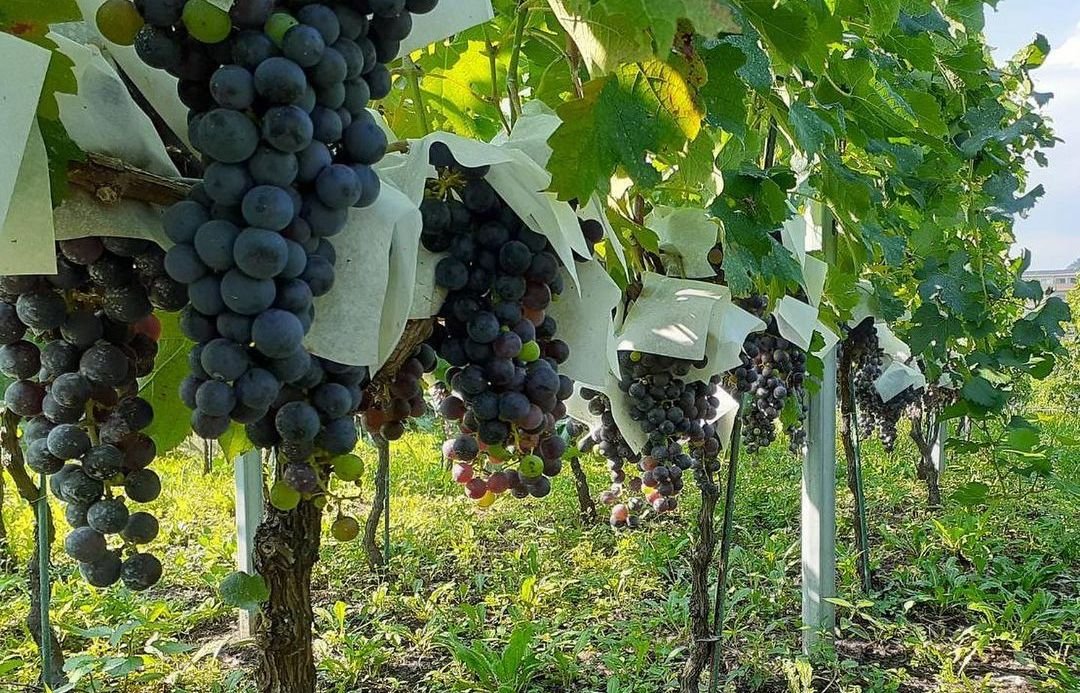
Their own farm in Osaka grows mainly Delaware, a variety that is truly unique to Osaka. About one-third of the wine produced in Osaka is made from Delaware. Characterised by a light, refreshing acidity, it is easy to match with everyday meals such as tomato-flavoured pasta and pizza, and also goes well with Japanese food such as tempura with seasonal vegetables and Osaka's speciality “Takoyaki”.
Winemaking
They also follow natural methods in winemaking. All wines from the winery are fermented by wild yeasts and the addition of sulphites is kept to a minimum.
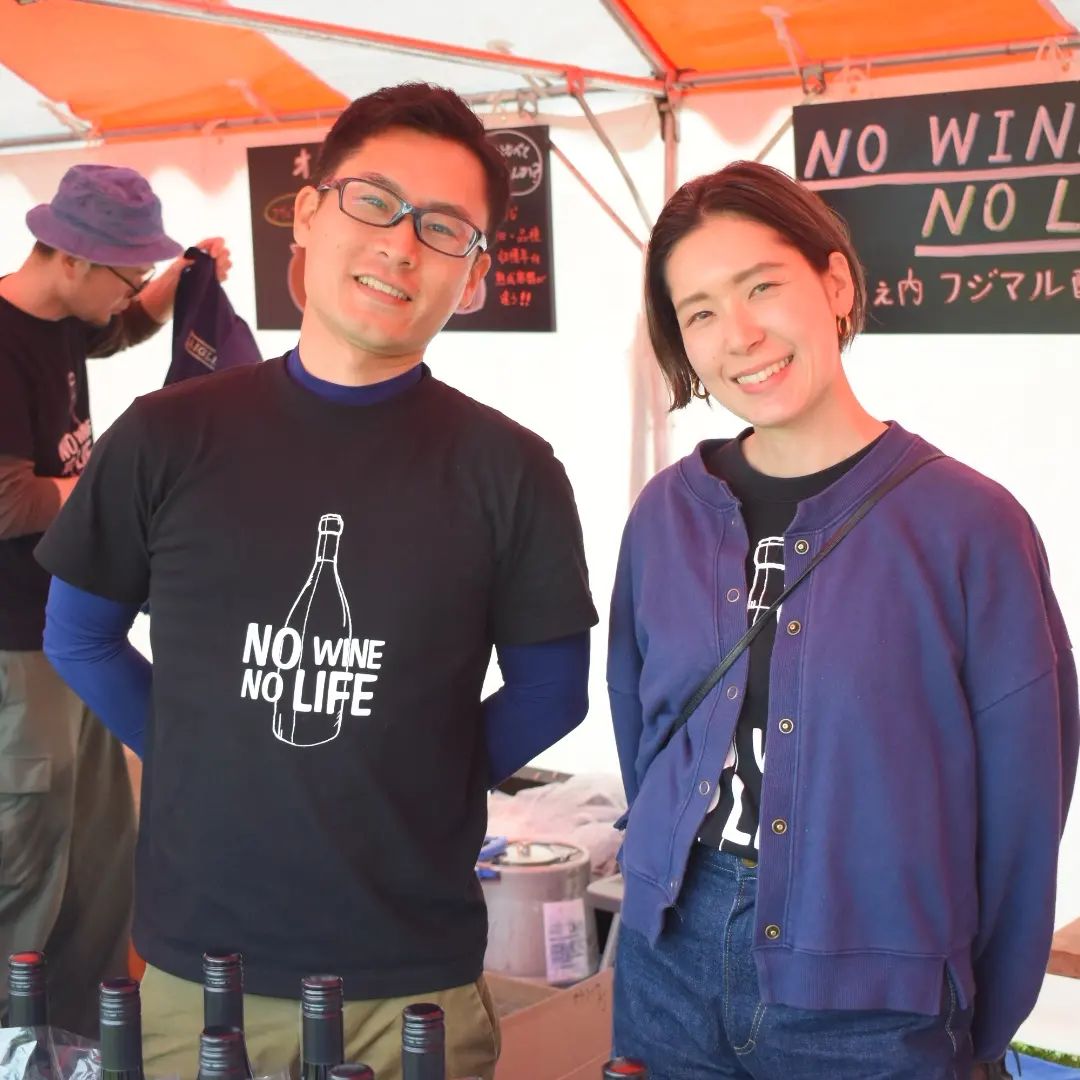
However, their most distinctive feature as a winery is probably that it is an “urban winery”. While many wineries around the world have been located near their vineyards in rural or suburban areas, Fujimaru Winery is located in the middle of the busy and active cities of Shimanouchi in Osaka and Kiyosumi-Shirakawa in Tokyo.
Why did he choose to locate it in the middle of the city, rather than near a vineyard in a rural or suburban area? Here, too, his desire to “pass on viticulture to the next generation” is expressed. In order to achieve this, a system must be created to ensure that money goes to grape growers and that successors properly take over. To do this, above all, he thinks that they as a winery must convey the message themselves that wine is not just a commodity, but a “farm product” made by the hands of grape growers. He thought that if he was going to create a point of contact where grape growers, winemakers and consumers could come together, then the middle of the city would be a good place to do it. In recent years, the winery has also organised workshops for local children to visit the winery and experience the hand-pressing of grapes, in order to provide a point of contact with "future winemakers".
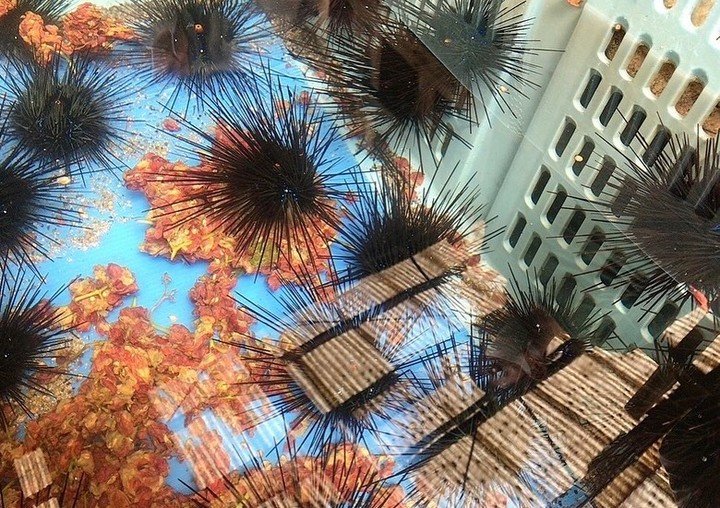
Furthermore, in order to make viticulture sustainable forever, the challenge of distilling spirits using grape pomace has recently been taken up. Pressed lees from wineries in Osaka and Tokyo, which would otherwise have gone to waste, are transported to a Sake brewery in Ehime Prefecture, where they are used to make Grappa-style brandy. Other activities include using the pomace as an ingredient in the pasta and focaccia served in their own restaurants, as well as feeding it to sea urchins to cultivate “grape sea urchins”, which are packed full of meat.
Fujimaru Winery's challenge to connect viticulture to the next generation will continue to develop in many ways. The challenge will be to make their wines available to the people of the Netherlands and Europe.

